Do you want to know a secret? ERPNext implementation without proper data security is like leaving your front door open when you go on vacation - not the best idea, right? With the rise of cyber threats & data breaches, data security has become a crucial aspect of modern businesses, especially when it comes to ERP software. I mean, can you imagine losing sensitive information such as customer data or financial records to cyber criminals? Not only can it cause financial damages, but it can also tarnish your organization's reputation. So, let's take a moment to talk about why data security is so important in ERPNext implementation & how you can avoid becoming the next victim of cybercrime.
ERPNext implementation and data security:
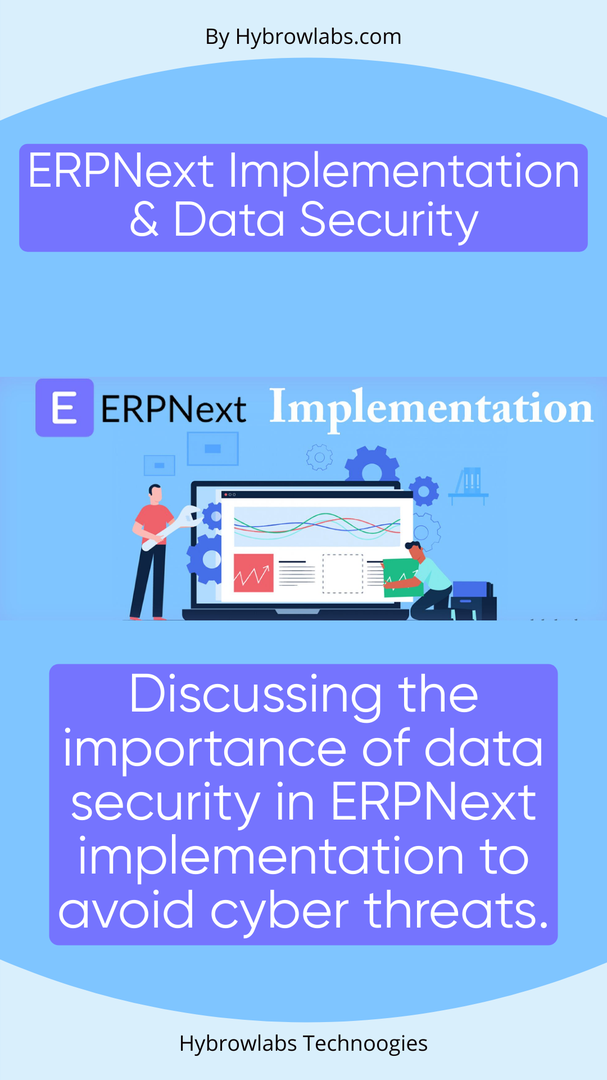
ERPNext implementation is the process of integrating enterprise resource planning software into an organization's operations. ERP software is developed to streamline business processes, connect various departments, & provide data-driven insights to support decision-making. ERPNext is an open-source ERP software that is widely used by small & medium-sized businesses to manage their operations.
However, with the increased use of ERP software comes the risk of cyber threats & data breaches. Cybercriminals are constantly finding new ways to grab organizations' systems & steal sensitive information such as customer data, financial information, & intellectual property. Without proper data security measures, implementing ERPNext software can leave organizations vulnerable to cyber-attacks.
Data security in ERPNext implementation refers to the steps taken to protect sensitive information & prevent unauthorized access or data breaches. It involves implementing access controls, encryption, & authentication protocols, as well as regularly updating software & security patches & conducting regular security audits to identify & address vulnerabilities.
What are the Data Security Challenges of ERP Software?
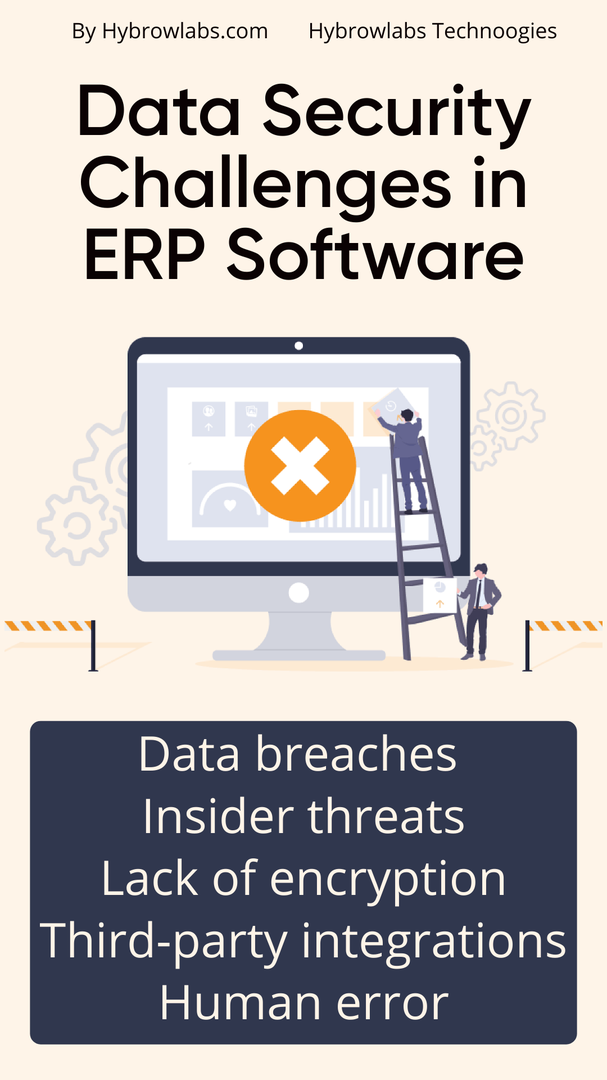
ERP software has become an essential tool for modern businesses to streamline their operations & improve decision-making through data-driven insights. However, as with any technology that involves the storage & processing of sensitive information, data security is a critical concern for organizations that use ERP software. Here are some of the most significant data security challenges of ERP software:
1. Data breaches and cyber-attacks:
Data breaches & cyber-attacks are among the most significant data security challenges of ERP software. Hackers are constantly evolving their tactics & finding new ways to exploit vulnerabilities in ERP systems to steal sensitive information or hold it for ransom. Data breaches can cause severe financial & reputational damage to organizations, as well as harm to customers whose data is compromised.
2. Insider threats:
Insider threats are another significant challenge for ERP software. Employees or contractors with access to sensitive information may intentionally or accidentally misuse or disclose that information. For example, an employee may copy sensitive data onto a personal device or share login credentials with an unauthorized third party.
3. Lack of encryption:
Encryption is a critical data security measure that helps protect sensitive information from unauthorized access. However, some ERP software may lack proper encryption measures, leaving data vulnerable to cyber-attacks or insider threats.
4. Third-party integrations:
Many organizations integrate their ERP software with third-party applications or services to expand their functionality. However, this can also create additional security risks, as third-party applications may not be properly secured or may access sensitive information without proper authorization.
5. Human error:
Despite the best data security measures, human error remains a significant challenge for ERP software. Employees may inadvertently introduce vulnerabilities into the system by, for example, failing to update software or using weak passwords. They may also fall victim to phishing attacks or social engineering tactics used by cybercriminals to gain access to sensitive information.
Importance of Data Security in ERPNEXT Implementation:
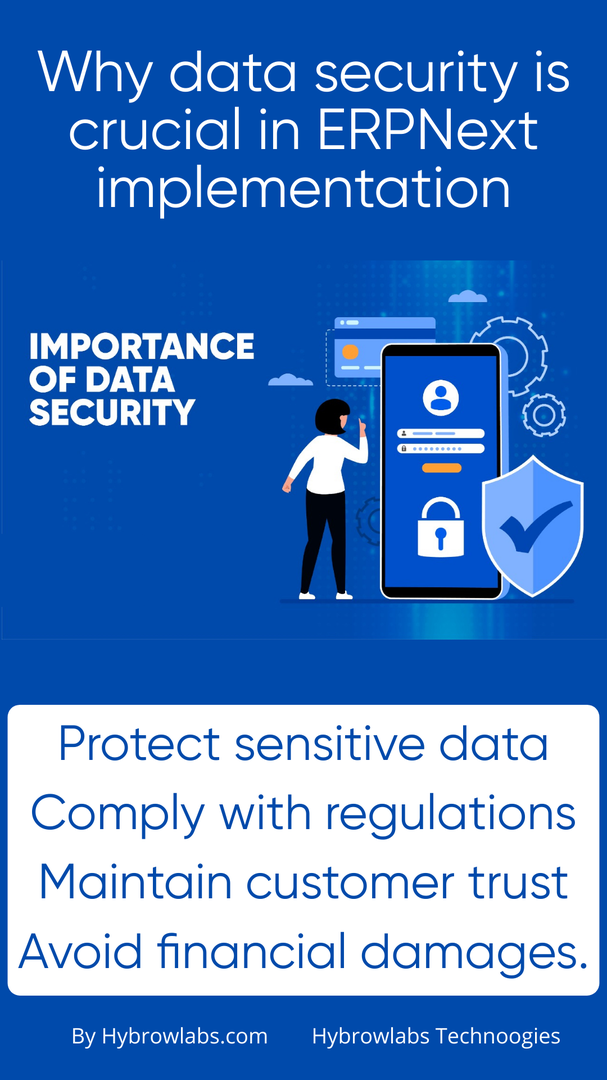
In today's data-driven world, data security has become a top priority for businesses of all sizes. ERPNEXT is a popular open-source ERP software that helps organizations manage various business processes, including finance, sales, inventory, & customer relationship management. The importance of data security in ERPNext implementation cannot be overstated. Here are some of the reasons why:
1. Protection of sensitive data:
ERP software often contains sensitive data, such as financial information, customer data, & intellectual property. A data breach or unauthorized access to this information can lead to severe financial & reputational damage. Ensuring the protection of sensitive data is crucial to maintaining the integrity & security of an organization.
2. Compliance with regulations:
Various regulations govern the storage, processing, & transmission of sensitive data, such as the General Data Protection Regulation (GDPR) & the Health Insurance Portability and Accountability Act (HIPAA). Compliance with these regulations is not only a legal requirement but also a crucial step in protecting sensitive data from cyber threats & maintaining customer trust.
3. Maintaining trust with customers:
Customers expect that their sensitive information will be handled responsibly & securely by organizations. Failing to protect sensitive data can result in a loss of trust & damage to the organization's reputation. On the other hand, implementing comprehensive data security measures can build trust with customers & improve their loyalty to the organization.
4. Avoiding financial and reputational damages:
Data breaches can result in significant financial & reputational damage to an organization. The costs associated with a data breach, such as legal fees, regulatory fines, & customer compensation, can be significant. Additionally, the loss of customer trust & damage to the organization's reputation can have long-term financial consequences.
How to Secure Data While Implementing ERPNext Software?
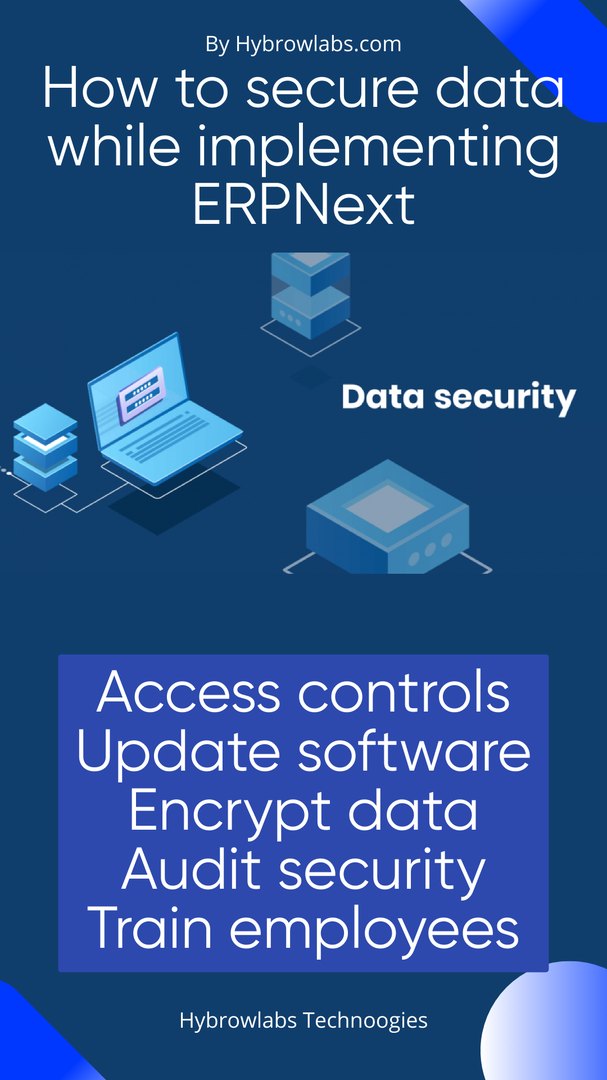
Now that we understand the importance of data security in ERPNext implementation & the potential data security challenges, the question remains: how can we secure data while implementing ERPNext software? The good news is that there are several steps organizations can take to mitigate these risks & assure the protection of sensitive information. Here are some measures that organizations can take to secure data while implementing ERPNext software:
1. Implement access controls and authentication protocols:
Access controls & authentication protocols ensure that only authorized individuals can access sensitive data. Implementing strong passwords, two-factor authentication, & role-based access controls can minimize the risk of unauthorized access to sensitive data.
2. Regularly update software and security patches:
Software updates & security patches are released regularly to address known vulnerabilities & improve data security. Regularly updating ERPNext software & installing security patches can help to mitigate potential security threats & assure that the system is protected from the latest vulnerabilities.
3. Encrypt data in transit and at rest:
Encryption is a critical measure to ensure the confidentiality & integrity of sensitive data. Encrypting data in transit & at rest using strong encryption algorithms can prevent unauthorized access & mitigate the risk of data breaches.
4. Conduct regular security audits:
Conducting regular security audits can help organizations to identify potential security vulnerabilities & risks. Security audits can be performed by internal teams or third-party security experts to assess the effectiveness of existing security measures & identify areas for improvement.
5. Train employees on security best practices:
Employees can be the weakest link in data security. Training employees on security best practices, such as identifying phishing scams, creating strong passwords, & avoiding the use of public Wi-Fi, can minimize the risk of human error & improve data security.
6. Develop and test incident response plans:
Even with robust data security measures in place, organizations should have a plan in place to respond to a potential security breach. Developing & testing incident response plans can help organizations to minimize the impact of a security breach & make sure that sensitive data is protected.
Conclusion:
It is crucial for organizations to prioritize data security in their ERP software implementation to protect sensitive data, comply with regulations, maintain customer trust, & avoid financial & reputational damages. As cyber threats continue to evolve, it is vital to work with a partner that has the experience & expertise to provide comprehensive data security solutions.
That's where Hybrowlabs comes in. Hybrowlabs is a leading provider of cybersecurity solutions, specializing in ERPNext implementation & data security. Our team of experts has extensive experience in identifying vulnerabilities, mitigating risks, & developing customized security solutions for organizations. By choosing Hybrowlabs, your business can rest assured that its sensitive data is secure & protected from cyber threats. Don't wait until it's too late. Prioritize data security in your ERP software implementation & partner with Hybrowlabs today to make sure the integrity & security of your data.
FAQ-
1. What is ERPNext?
ERPNext is an open-source enterprise resource planning software that helps organizations manage their business processes, including accounting, inventory, sales, and procurement, among others.
2. Why is data security important in ERPNext implementation?
ERPNext software holds sensitive data, including intellectual property, financial information, and customer data, which is at risk of data breaches, insider threats, and cyberattacks. The consequences of a data breach can be devastating, including financial loss, reputational damage, and legal implications. Therefore, it is essential for organizations to prioritize data security in their ERP software implementation.
3. What are the data security challenges of ERP software?
The data security challenges of ERP software include data breaches and cyberattacks, insider threats, lack of encryption, third-party integrations, and human error.
4. How can organizations ensure the security of their data while implementing ERPNext software?
Organizations can ensure the security of their data while implementing ERPNext software by implementing access controls and authentication protocols, regularly updating software and security patches, encrypting data in transit and at rest, conducting regular security audits, training employees on security best practices, and developing and testing incident response plans.
5. What are the benefits of prioritizing data security in ERPNext implementation?
The benefits of prioritizing data security in ERPNext implementation include the protection of sensitive data, compliance with regulations, maintaining trust with customers, and avoiding financial and reputational damages.



53b949.png)


a3dc85.jpg)

.jpg)
fd8f11.png)
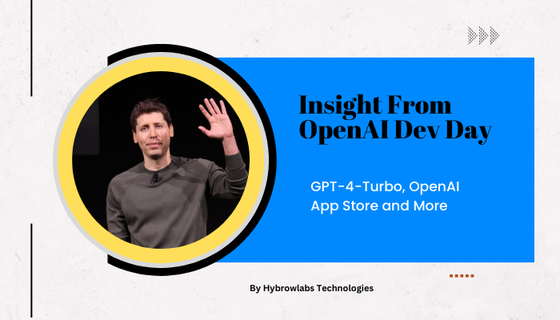
.jpg)
.jpg)